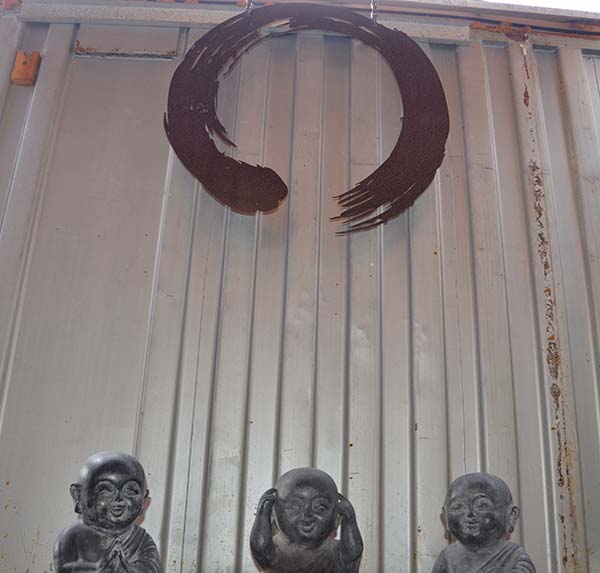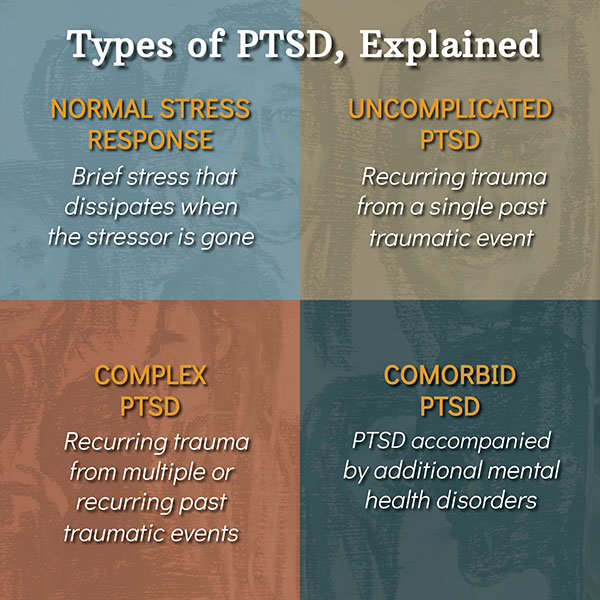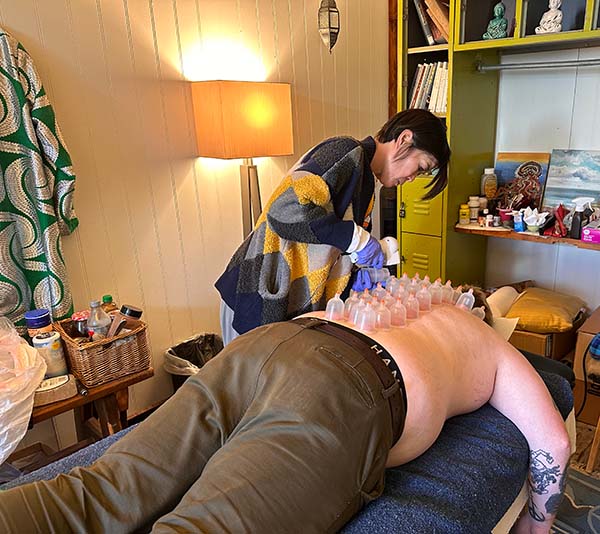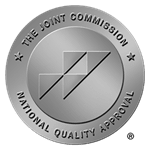First Responders’ Mental Health
First responders face an increased risk for mental health conditions. And it’s understandable, due to the nature and frequency of their exposure to trauma. First responders routinely face life-threatening situations and stressful events.
First responders include firefighters, emergency medical services (EMS) staff, law enforcement officers, and others who are designated and trained to respond to disasters or other crises.
Common Mental Health Concerns For First Responders
First responders are at higher risk for stress, post traumatic stress disorder, and substance abuse issues than most other professions, and may also be more likely to die by suicide.
- 30% of first responders develop behavioral health conditions including, depression and post traumatic stress disorder
- Firefighters experience higher suicide attempt and ideation rates than the general population
- Between 125-300 police officers commit suicide every year
- Over 50% of firefighter deaths are due to stress and extreme exhaustion
Why many first responders don’t seek treatment
There are a number of reasons first responders are less likely than other professionals to acknowledge that their mental health is at risk:
- Often regarded as heroes, they do not want to appear weak
- First responder culture values strength and resilience
- Time restraints, due to working long shifts (24-72 hours)
- Fear repercussions in the workplace for seeking help
- A heightened sense of personal responsibility
- A strong survival mentality, often found among those in “helper” positions
- Concerns about colleagues finding out
PTSD & First Responders
Approximately 1 in 3 first responders develop post traumatic stress disorder (PTSD), compared to 1 in 5 people in the general population. Physical symptoms of PTSD include nightmares and flashbacks, chronic pain, headaches, dizziness, and chest pain. Those suffering from PTSD may also experience behavioral symptoms, including irritability, difficulty concentrating, angry outbursts, or feeling completely disconnected and numb.
Holistic PTSD Treatment at Barn Life Recovery
At Barn Life Recovery, our PTSD treatment program couples modern psychiatry with ancient spiritual practices. Our individually tailored, community-based day program provides a safe space to unpack and reprocess trauma. Participants have the opportunity to work individually with Internal Family Systems (IFS)-informed therapists and Eye Movement Desensitization and Reprocessing (EMDR) clinicians. Group therapy programs are also available.
Is Barn Life Right For You?
Let our kind and helpful admissions coordinators assist in finding the best option – even if it’s not with us.
Free Mental Health Services for First Responders
With insurance, mental health treatment at Barn Life Recovery is typically free, or available at a very low-cost. We accept most private insurance providers, including Tricare West, Anthem, Magellan, Cigna, Aetna, United Health, Blue Cross Blue Shield, Blue Shield of CA, Blue Shield of TX, Blue Shield of Alaska, Blue Shield of NC, and more!

Our Approach
The word “holistic” is rooted in a philosophy that states that parts of a whole are interdependent. This means the whole is only as valuable as its individual parts. No single therapy, therapist, or treatment can heal one’s mental well-being. However, when we approach mental health by looking at the whole of the person’s body mind and soul, we are able to more effectively help.
















